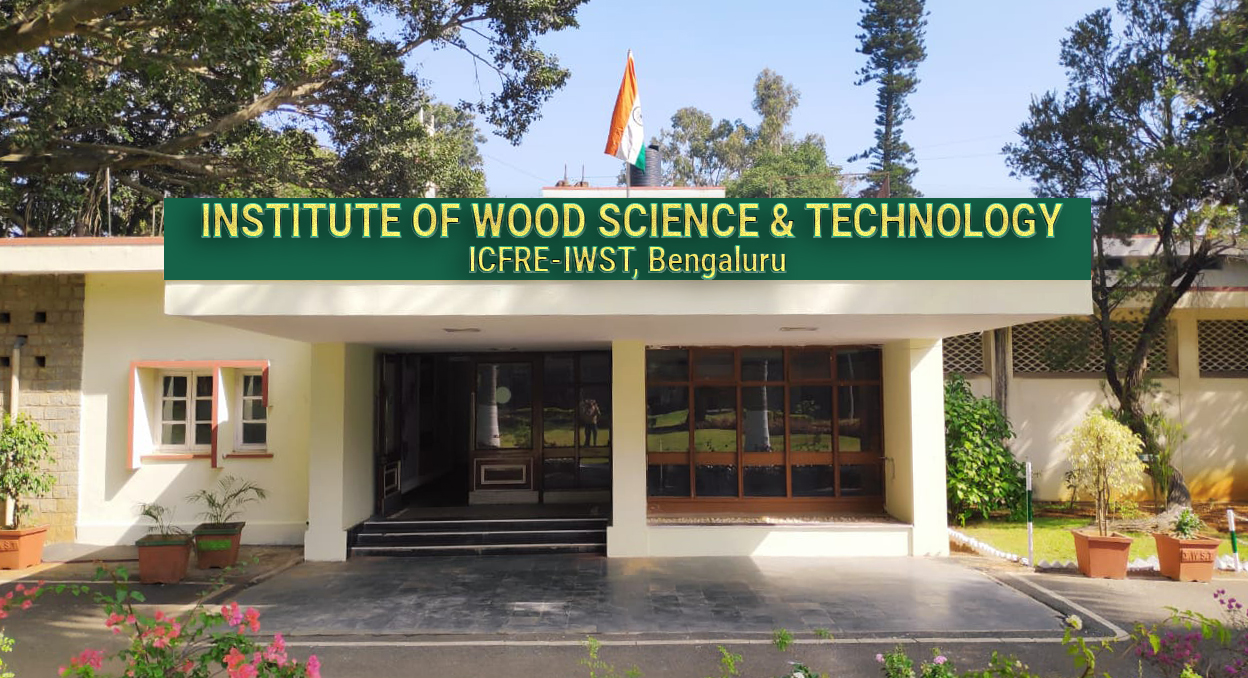Bamboo Match Stick

Bamboo Match Stick
Safety matches are essential consumer commodity needed by all sections of the society. Wood is the major raw material for manufacturing match sticks. However, the match industry has been dependent on only few wood species for making match splints and these species are now in short supply. Bamboo is a potential sustainable raw material source for manufacturing match sticks and this acquires special significance due also to the fact that apart from being available in natural forests bamboos can be grown on a very short rotation of 2-4 years in many countries in diverse climatic conditions.
However, several intrinsic characteristics of bamboo, including poor penetration of wax required for good incandescence and burning quality, have constrained their use for making matchsticks. Erstwhile IPIRTI has evolved appropriate processes for making quality match splints from two widely occurring species of bamboo in the Southern India, namely Bambusa bambos and Dendrocalamus strictus, working in collaboration with and under a project funded by International Network on Bamboo and Rattan.
Manufacturing process developed at erstwhile IPIRTI involves treatment of bamboo splints of size 1.5mmX1.5mmX38mm with sodium meta silicate, followed by dipping in diluted Hydrogen peroxide for 15-20 minutes. The splints are then washed in water and dipped in Boric Acid or Boric Acid and Borax mixture fro around 5 minutes and dried. Treated splints are then required to be dipped in molten wax at 80-1200C for 8-12 seconds followed by heating at around 1500C for 2-3 seconds on a hot plate. For providing burning heads to the bamboo match splints standard chemicals and processes followed in the case of wooden match splints is adopted and the process was undertaken at an existing match factory in Tamilnadu.
Erstwhile IPIRTI and INBAR have filed a joint Indian patent at Chennai Patent Office (MAS/627/2000 dated 07.08.2000)
Satisfactory Tests carried out at an independent laboratory have revealed that the bamboo match sticks developed at IPIRTI conform to relevant Indian Standard Specifications (IS:2653 – 1993 and IS: 10374 – 1982).



